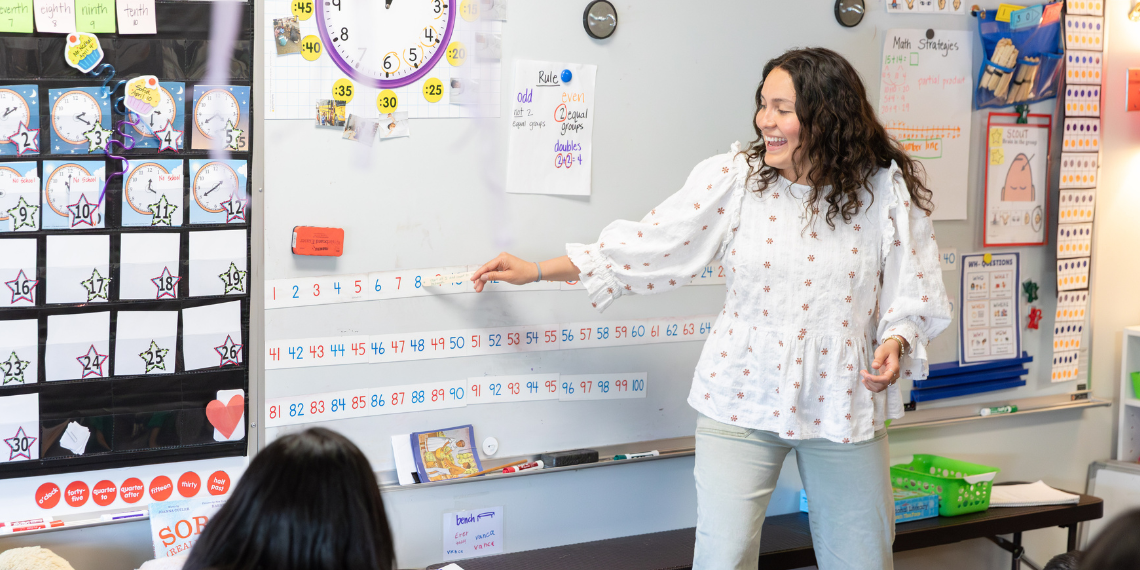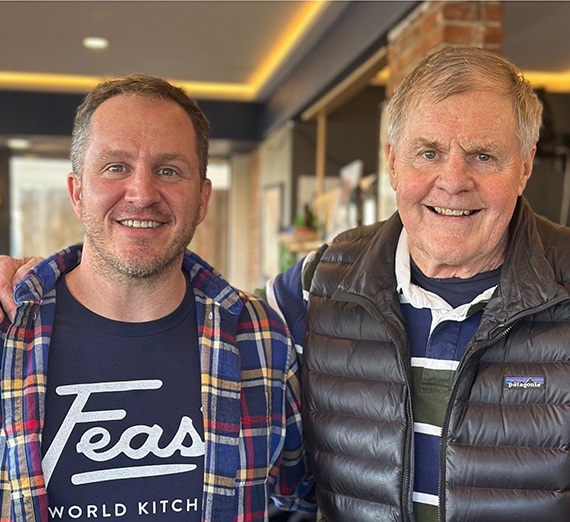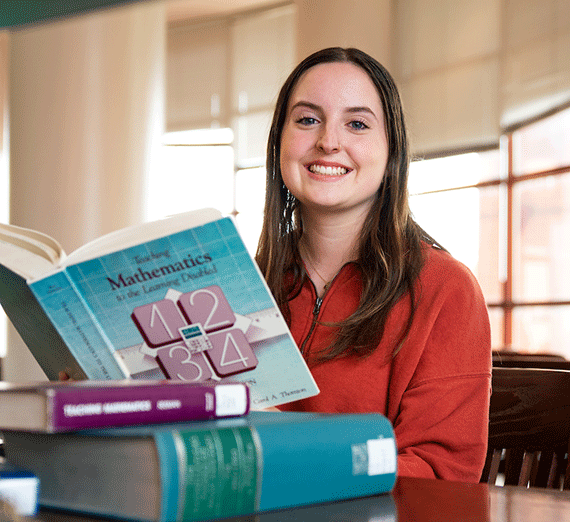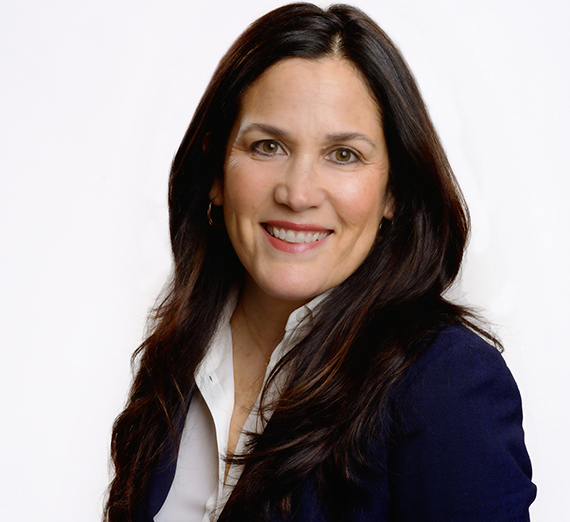The Power of Language
The role of language & cultural understanding in shaping community

“It’s a major to meet the moment,” said Anny Case, professor of Teacher Education. Majoring in Community, Culture, and Language (CCL) offers two concentrations. Its Elementary Education concentration provides paths for students to teach in the classroom; its Community concentration gears students towards community education outside the four walls of a classroom. In both concentrations, students are equipped to be responsive to linguistic, cultural, and racial differences within all areas of education.
For future elementary school teachers, CCL’s elementary education concentration is the way to go. Students learn through a blend of theoretical and practical modalities of all kinds; they must participate, for example, in two sustained language-learning experiences, typically taught by Indigenous educators.
“You’re not just learning nouns and verbs, you’re learning the culture,” Case said. “Tlingit and Marshallese are languages that have been threatened by colonization. There aren’t many speakers alive, but our students had the opportunity to get a window into these cultures not only to discover new, deep, and beautiful ways of seeing the world – but also, they learn new ways of seeing their own.”
Across the country, there are few elementary education programs that prepare students to think about language as a construct, outside of English Language Arts. But Case, whose scholarship focuses on multilingual learners, explained that CCL emphasizes the ways in which humans use language as a tool for both empowerment and disempowerment.
“CCL taught me how to be a part of a community that is holding language and culture up as something that is an advantage,” said senior Halle Aparicio. “It has taught me that the way to make change is not to reach for power, but to reach for each others’ hands.”Aparicio was serving in a second-grade cluster classroom and working one-on-one with a student who spoke Spanish, but not English. “It was so hard,” she said, “so I decided to switch languages.” She asked him if he could teach her in Spanish. It was difficult, but when she finally “got it,” the student leaned in.
“Good job, Miss Aparicio,” the student said. “I’m so proud of you.”

The Elementary Education concentration is embedded within the greater Spokane community. Throughout the year, Gonzaga students run after-school literacy programs and literacy enrichment activities with English language learners, many of whom are adult learners.
And Gonzaga’s Summer Language program serves Spokane’s English as a Second Language (ESL) community by providing STEM-based ESL classes.
“Last summer, we hosted about 150 kids who spoke fourteen to fifteen different languages between them,” said Aparicio, who served as a teacher’s assistant. “We got to spend the month of July learning from each other.”
Additionally, students take an advocacy capstone class, in which students select an issue they want to work on, identify a specific policy and do something about it. In the past, they’ve even met with legislators to advocate for the creation of new policy.
“It’s a really unique course when they realize they aren’t just subject to policy, but that they can shape policy. There’s a depth and a soul to this program that is very amazing,” said Case.
CCL’s community concentration, on the other hand, is not just an “off-ramp” option for students who decide against teaching in schools. It is a full-fledged education program in its own right, placing emphasis on community education and engagement. Graduates have gone on to teach English abroad and in nature schools, to work for Christian youth organizations and to serve immigrant and refugee populations.
“There isn’t any kind of industry where you’re not dealing with issues of culture,” said James Hunter, professor of Teacher Education.

Hunter, an applied linguist and ESL teacher himself, has spent his career in service of ESL communities.
At its inception in 2019, He sought to design a program that would reimagine education as “cradle-to-grave,” a lifelong endeavor.
Now, the program features courses like “Policy and Advocacy,” “Language, Society, and Power,” “Immigrant and Refugee Perspectives,” “Community and Place-Based Education,” and “Community Languages.”
Students also complete internships at sites that embody Hunter’s cradle-to-grave philosophy. They are encouraged to work with children, immigrants and refugees, retirees, and all populations in between.
“Whatever vocational suspicions students have about themselves usually get confirmed in these settings,” said Hunter.
Majoring in CCL with the Community concentration only requires 34 credit hours; students are also able to pursue interdisciplinary courses, or to double-minor.
“We had someone come to us after three years of nursing education,” said Dr. Hunter. “Great, now you’ve got all that community health background.”
This year, Hunter is taking a group of students – many of them CCL – to Zambia, where they will study leadership and earn their Teachers of English to Speakers of Other Languages (TESOL) certificates throughout the course of a month. They’ll be in Zambia’s southern Provence, at the mouth of the Zambezi River.
“Lots of undergrads have the best intentions in the world and have never had experiences with anyone who doesn’t speak English,” Hunter said.
CCL changes that.
- Academics
- School of Education
- Teacher Education




